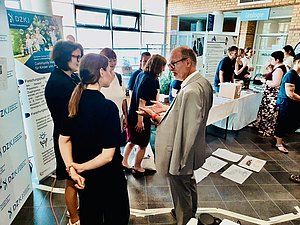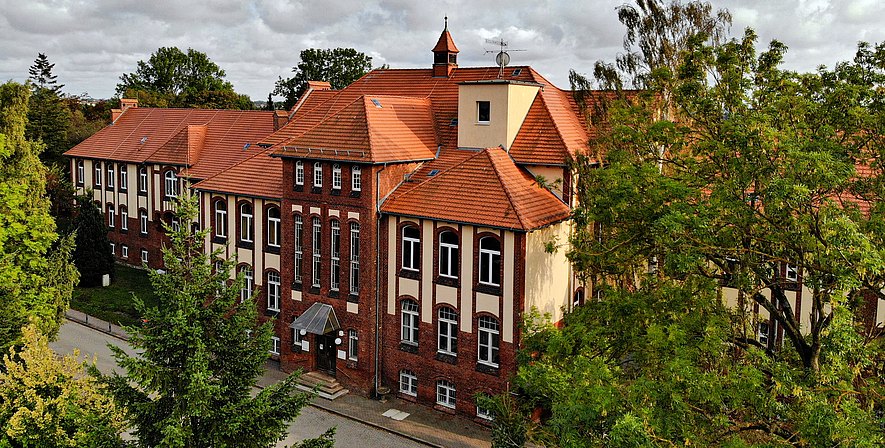News
BMC Congress on 28 and 29 January 2025
Shaping healthcare together2025 will be a year of great importance for the healthcare sector (ePA, federal elections, etc.). With new opportunities for care, new necessities for collaboration and far-reaching political decisions. The BMC Congress on 28 and 29 January 2025 will kick off this important year, in which it will be more important than ever to shape healthcare in a future-oriented and collaborative way.Exchange ideas with over 600 experts from healthcare and science, partners from the healthcare industry and decision-makers. You can look forward to an inspiring programme on innovative healthcare with interactive formats and many opportunities for exchange.Links and social media:Congress website:
BMC on LinkedIn:
Hashtag:
#BMCK25
THS solutions are becoming increasingly popular
Our colleagues at LMU Munich rely on the generic Informed Consent Service (gICS) of the University Medicine Greifswald (UMG) in their paediatric studies.
Under the direction of Dr Danhauser, the aim of the work at the Ludwig-Maximilians-Universität München (Department of Paediatrics and Paediatric Polyclinic) was to validate the suitability of the UMG's gICS for obtaining electronic consent in paediatric studies. The study was conducted in a paediatric research context, with additional consents for the biobank being obtained separately. Over a period of 54 weeks, 1061 children and adolescents aged 3 to 17 years participated in the study, 348 of whom also agreed to participate in the biobank.
A total of 2066 consents and approvals were analysed, of which 945 were paper-based and 1121 electronic. The study showed a significant reduction of 94.7% in the error rate of electronic consents. These results provide valuable insights into the use of gICS in various studies and the practical implementation of electronic consent software in paediatric medicine.
The publication, co-authored by the colleagues of the Greifswald Trust Centre, was published Open Access in November 2024: https://doi.org/10.1371/journal.pdig.0000661
Open Day at the UMG: ICM also there

On 7 September 2024, the Open Day of the University Medical Centre Greifswald (UMG) took place. The Section for Healthcare Epidemiology and Community Health of the Institute of Community Medicine (ICM) was also there and presented the not only important but also exciting research work of the institute and the department for improving the health of the population in Mecklenburg-Vorpommern and throughout Germany.
The UMG presented itself with more than 50 stations and over 2,000 visitors attended.


